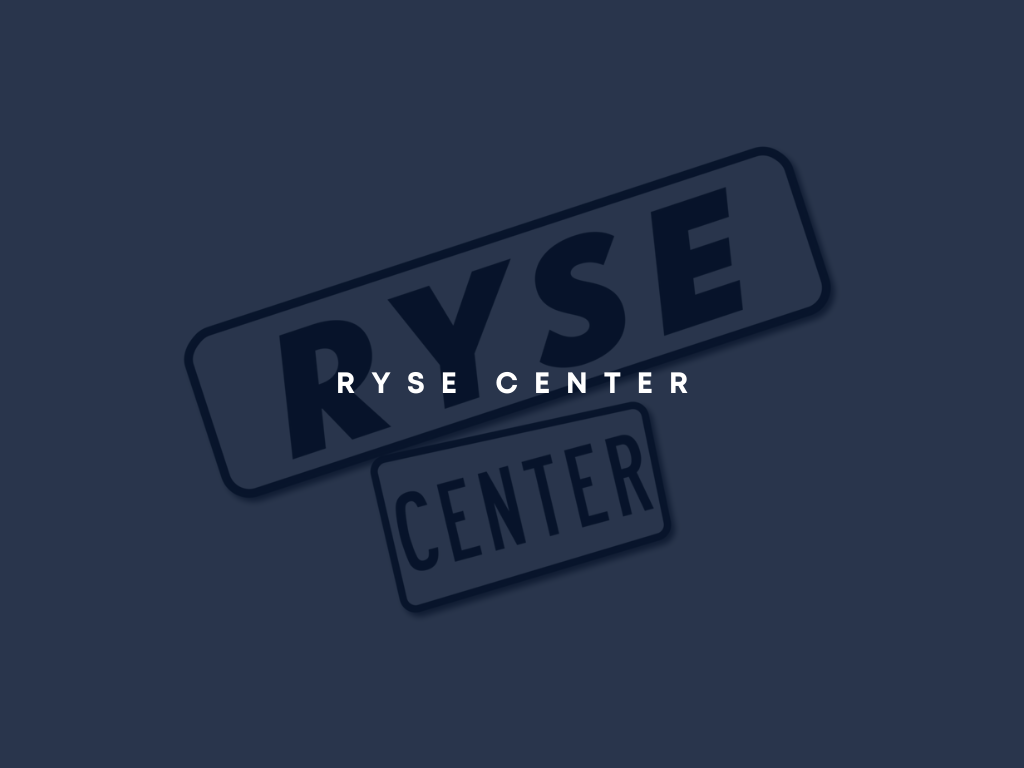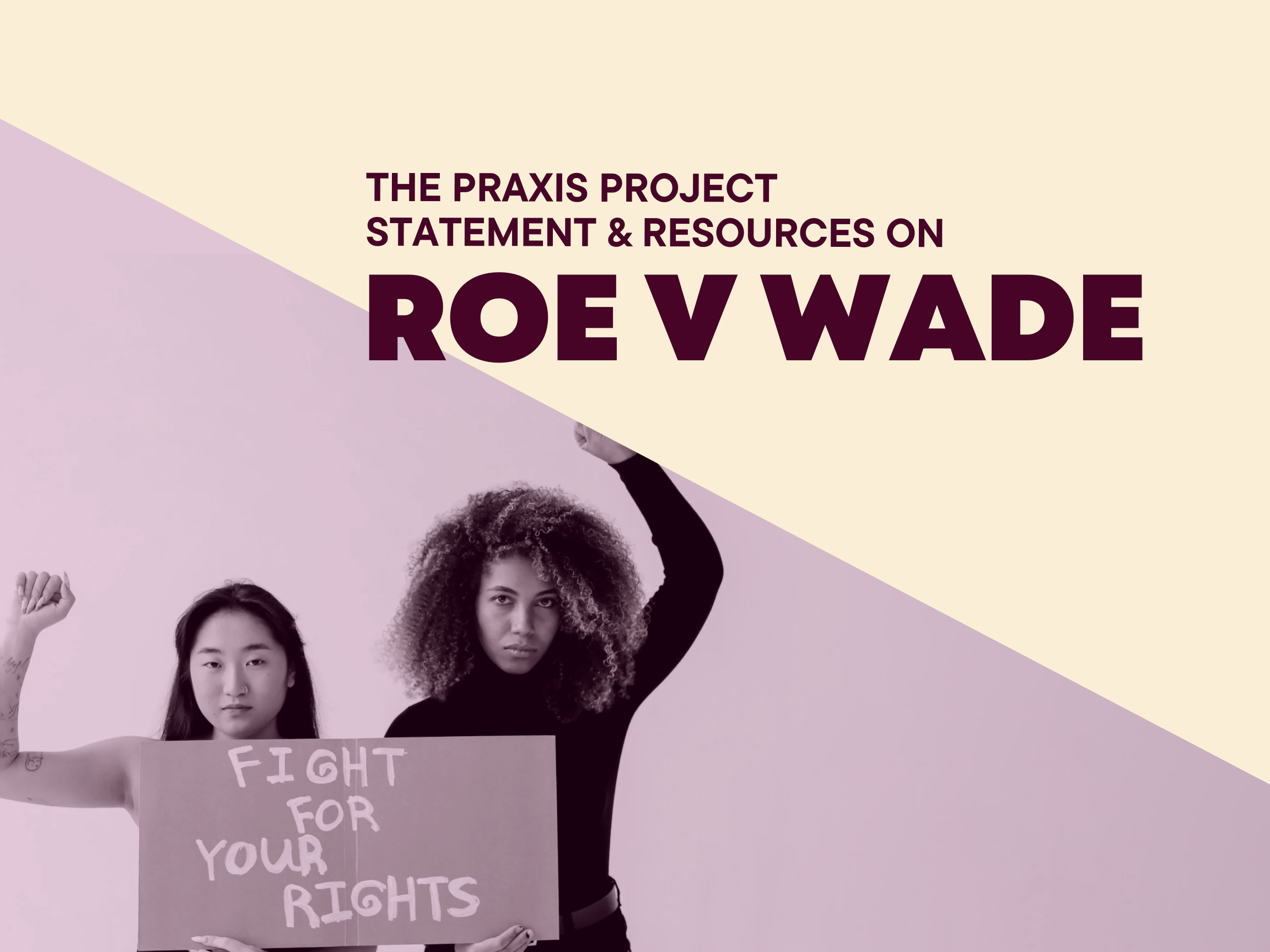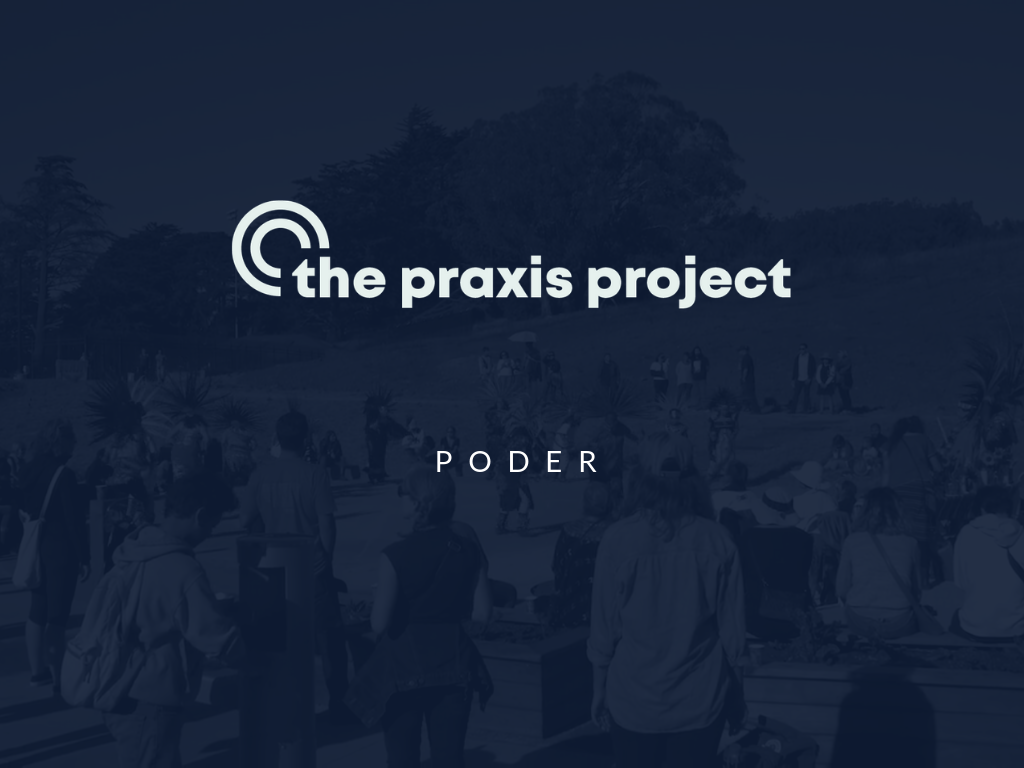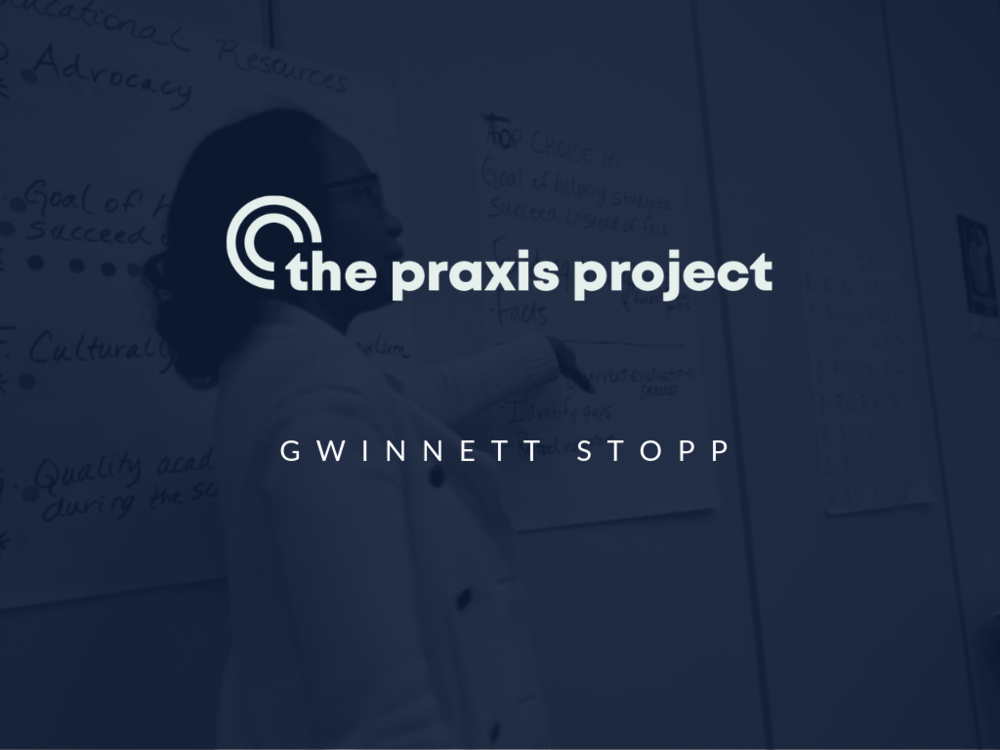Community Safety
Everyone deserves to feel and be safe in their home, work, school, and community. Community safety requires a sense of collective accountability, non-punitive and non-carceral means to prevent and address violence/harm when it occurs, as well as approaches to healing trauma that may already exist within the community. An individual’s community should seek restorative and transformative methods of encouraging safety and confronting harm that work to repair relationships and address the underlying forces or circumstances that allow the harm to occur. With the understanding that many criminalized behaviors and actions that may harm a community’s sense of safety are rooted in lack of access to critical resources, cultivating community safety necessarily requires the promotion of life-affirming conditions for all such as access to food and water, housing, healthcare, education, and social support. [1][2]
In order to foster truly safe communities that support health and well-being, it is important to understand who is most subject to violence and harm. Systemic racism, heteropatriarchy, and capitalism make Black and Brown communities, low-income communities, migrants, disabled folks, women, LGBTQ+ individuals, and those who live at the intersections of these identities deeply susceptible to violence and trauma both at the hands of the state and within their communities. We understand that communities are not safe until they are safe for everyone.
Beyond direct exposure to violence and harm that may lead to injury, premature death, or mental distress, community safety has several other implications for health.[3] Unsafe neighborhoods have higher rates of mental health instability; anxiety, depression, stress/post-traumatic stress disorders, as well as higher rates of maternal health complications including pre-term births and low-birth weights.[4] Lack of community safety can also keep people from engaging outdoors in parks, exercising, or bonding with neighbors.
Many basebuilding organizers are working towards creating truly safe communities by working towards transforming the social conditions that create harm and violence as well as creating non-punitive methods of accountability to repair harm. They are calling to end zero tolerance policies and remove cops from schools, fighting displacement, developing programs for political education, and advocating for mental health resources. They are also advancing community safety by centering healing and inclusion through fostering gender inclusive spaces, holding healing circles, and much more.
DISPARITIES AND STATISTICS
Race and Ethnicity:
The normalization and rise of cops in schools jeopardizes the safety of Black and Brown youth, increasing youths’ risk for trauma from being criminalized and pushed into the school-to-prison/deportation pipeline. Statistics show that nationwide, Black students are more than twice as likely as white classmates to be referred to law enforcement despite no difference in rates or types of misbehavior by Black/Latinx and white students. These officers also frequently abusively use force against Black and Brown students.[5] Schools’ reliance on punitive practices fail to understand students’ holistic safety needs for thriving learning environments as well as criminalize adolescent conduct. 14 million students are in schools with police but no counselor, nurse, psychologist, or social worker.[6]
Black communities are terrorized at the hands of the very people who claim to serve and protect communities. Black folks account for less than 13 percent of the U.S. population, but are killed by police at more than twice the rate of white Americans. Nearly five Black people, on average, have been killed a week by law enforcement since 2015.[7] More often than not for Black communities, police are not agents of safety, but agents of state sanctioned violence and death.
Gender:
Transgender and gender non-binary folks experience staggeringly high rates of violence. According to the 2015 National Transgender Survey, one in ten respondents reported being physically attacked in the past year and more than half reported some form of intimate partner violence. Trans community members, specifically trans women of color, are disproportionately harmed by police violence. Fifty-eight percent of trans folks who interacted with police or law enforcement officers who thought or knew they were transgender experienced misgendering, verbal harassment, and physical and sexual assault by officers.[8]
In addition, the survey reported an 15% unemployment rate (three times higher than the unemployment rate in the U.S. population at the time of the survey), and 30% of respondents reported facing homelessness at some point in their lifetime. Housing and economic instability further serve to put transgender individuals at risk for unsafe circumstances.
Socioeconomic Status:
Among surveyed domestic abuse survivors, 99% reported experiencing economic abuse—finances often cited as the biggest barrier to leaving an abusive relationship.[9] Without the proper support, survivors of domestic abuse are thus at a higher risk for job and overall economic, and even housing, instability.
COMMUNITIES OF PRAXIS POLICIES
Community organizers across the nation are advocating for policy, system, environment, and practice changes that address the root causes of health inequities across the social determinants of health. Every year Praxis invites our Communities of Praxis members to share some of their top organizing or advocacy campaigns in their own communities through out annual survey.This video features AYPAL, a leadership development, community organizing and coalition building organization hat seeks to create healthy, safe, and thriving communities. AYPAL empowers Oakland, CA's low-income Asian & Pacific Islander immigrant and refugee families and youth.
This video features Acta Non Verba: Youth Urban Farm Project (ANV), an organization that elevates life in the inner-city by challenging oppressive dynamics and environments through urban farming
This video features PODER, an organization that organizes with Latino immigrant families and youth to put into practice people-powered solutions that are locally based, community led and environmentally just.
This video features Miami Children's Initiative (MCI), an organization working in the Liberty City, FL community. MCI has organized a monthly fresh food co-op, providing their families and residents with a box containing over $50 worth of produce... for only $5. Watch this video to see how MCI is promoting food justice and working towards health equity for their neighborhood.
This video features La Union del Pueblo Entero - LUPE, an organization removing barriers to health care and helping provide vision exams for entire communities using their Mobile Health Clinics, through partnerships with local healthcare organizations.
This video features Gwinnett SToPP, an organization working to dismantle the school-to-prison pipeline through shifting state and national policy as through parent and student advocacy and activism.


























































